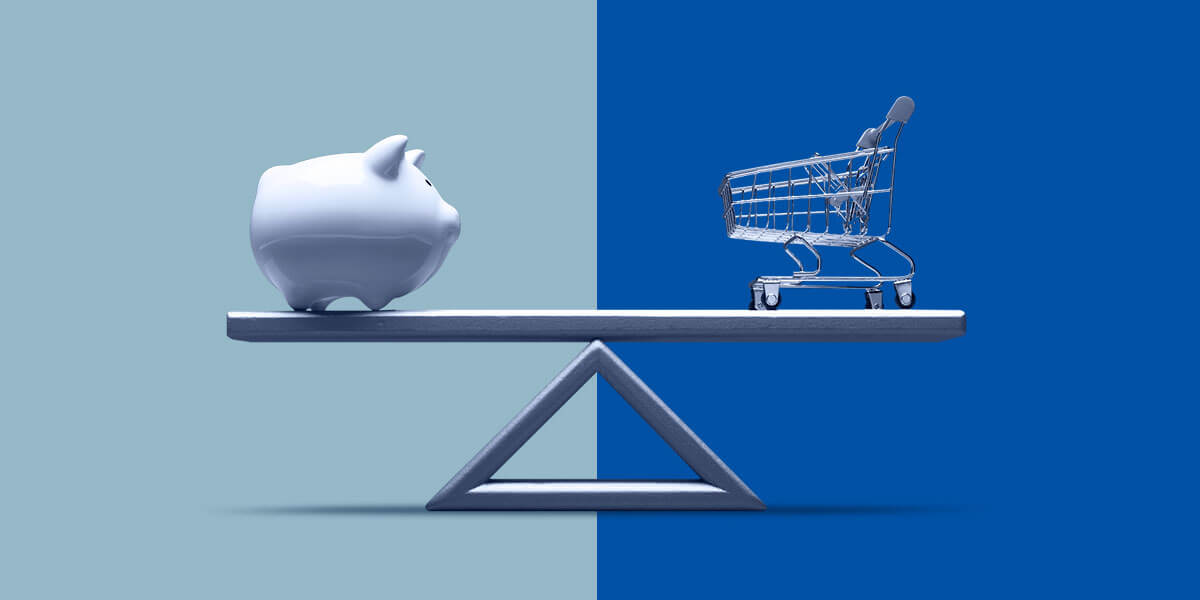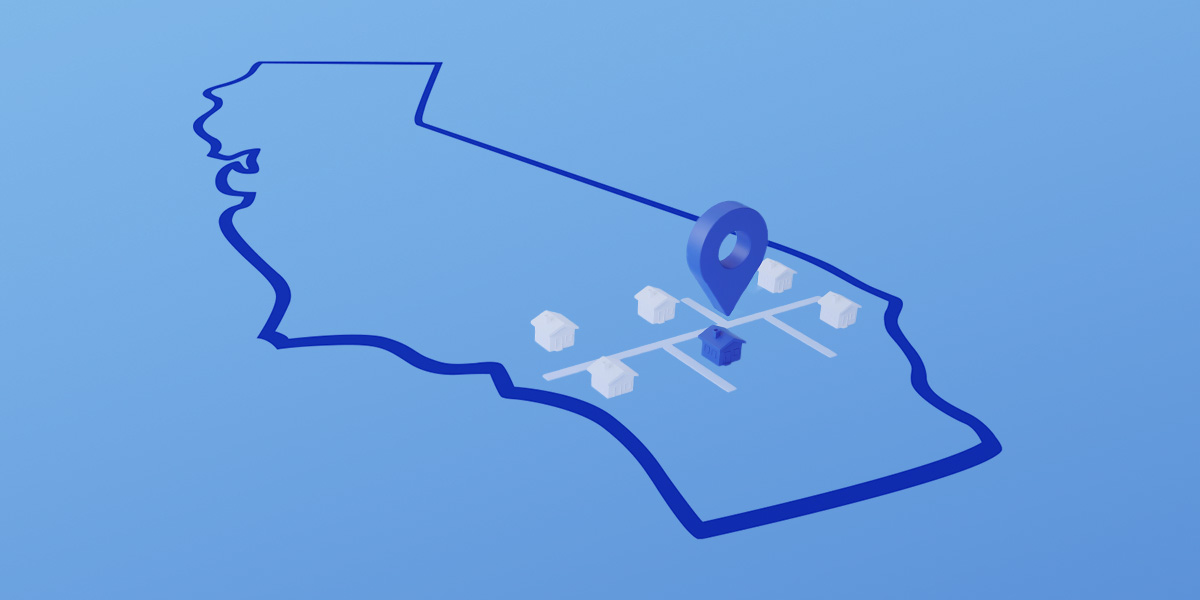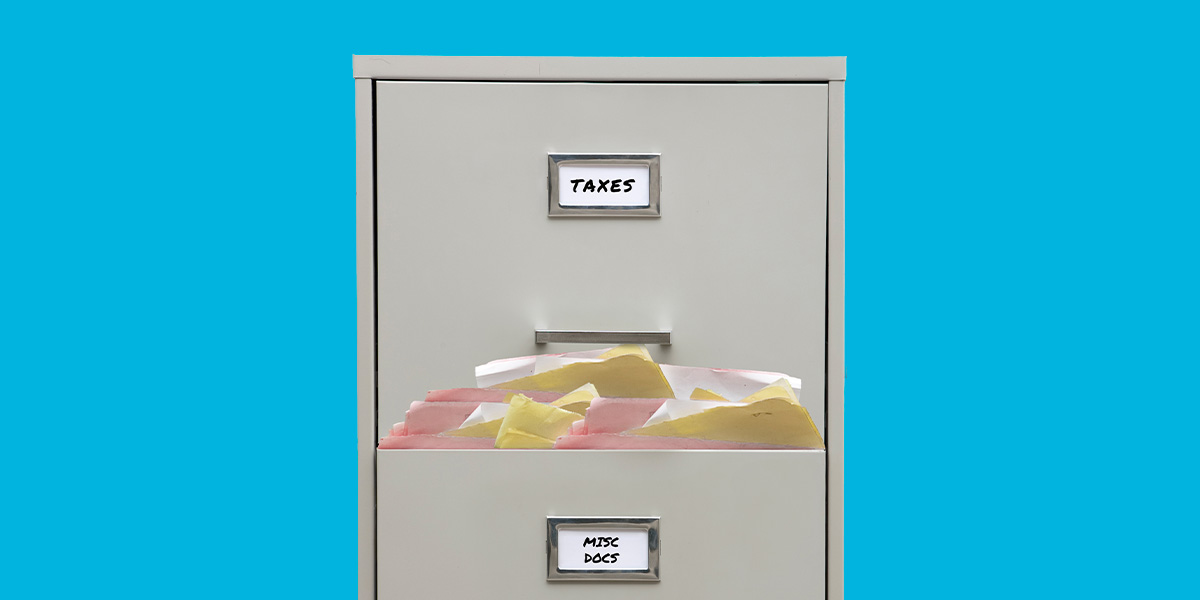-
Personal Banking -
Insights
Ways to Help Protect Yourself from Credit Card Fraud
Scanning your credit card statement and spot charges you don't recognize? It's possible you've encountered credit card fraud, a form of identity theft that occurs when a thief uses your stolen card or your credit card details to make purchases without your permission.
Unfortunately, credit card fraud continues to be prevalent and evolving in the U.S. and global markets. Criminals rely on weaknesses in today's fast-paced digital marketplace, as well as in consumers' security habits, to take advantage of any opportunity to compromise credit cards.
Types of Credit Card Fraud
Credit card fraud can manifest in many ways. But whether it's carried out via internet transactions, phone conversations, text messages or face-to-face encounters, the threat remains. You might encounter it through deceptive phishing emails, become an unwitting participant in a data breach or even have your credit cards physically stolen from your mailbox.
Being informed about credit card fraud is an important step toward safeguarding yourself from it. Although preventative measures can't guarantee total immunity, staying informed and alert can lessen the likelihood of falling victim to these schemes.
Let's take a look at some of the most common types of credit card fraud:
Card Not Present Fraud
"Card not present" fraud happens when someone illegally obtains credit card information, including the credit card number, and uses it to make unauthorized transactions online or over the phone.
The physical card is not required to complete these transactions, which makes it a common method for online fraud. Detecting this type of fraud can be challenging since the cardholder may still have the card in their possession, unaware of the fraudulent activity.
Lost or Stolen Cards
The unauthorized use of lost or stolen credit cards is a common method of fraud. Often, the cardholder doesn't realize the card is missing until unauthorized charges appear. Thieves may intercept cards during shipping or snatch them out of mailboxes before the cardholder ever receives them.
Application Fraud
Application fraud takes place when criminals use stolen or falsified personal information to open a credit card account in someone else's name. This type of fraud can go unnoticed by victims until they have issues with a credit report or debt collectors. If you start receiving collection notices for unfamiliar accounts, you could be a victim of application fraud.
Fake Cards/Skimming
Card skimming is a deceptive practice whereby thieves use a device called a skimmer to capture a credit card's information from the magnetic stripe in a card reader. They then create counterfeit cards and make unauthorized purchases. This often occurs at compromised sales terminals. Vigilance at points of sale and regular account monitoring are critical to catching this type of fraud early.
Account Takeover
Account takeover happens when a fraudster obtains personal information about a cardholder and uses that data to gain access to the victim's credit card account. They might change account details, such as the mailing address, and start making purchases or cash withdrawals. Victims may only become aware when they receive alerts for unauthorized activity or when they can no longer access their accounts.
How to Help Detect Credit Card Fraud
The key to identifying credit card fraud lies in thorough and attentive personal finance management. Regularly reviewing your bank statements is crucial. Stay alert for any discrepancies in your credit card statements or unexpected declines of your card, as these may also point to potentially fraudulent activity.
Make it a habit to check your account activity often, looking out for charges that don't match your spending habits or purchases you don't recall making. Unfamiliar transactions, no matter how small, could be signs of unauthorized use.
Many banks and credit card companies offer alerts for unusual activity, which can serve as an early warning system. Signing up for transaction alerts can provide a quicker response time in catching and addressing fraud.
Furthermore, monitoring your credit score and report can also reveal credit card fraud, as sudden dips in your score could indicate someone else is using your credit identity. The sooner you detect and report any anomalies, the less damage the fraud is likely to cause.
How to Help Prevent Credit Card Fraud
While it is difficult to avoid all fraud attempts, there are some simple steps account holders can take to help avoid credit cards scams:
- Avoid saving your card information on online retail store websites. Saving this information, while convenient, places your information on more servers that can be compromised.
- Do not buy items online while using public Wi-Fi. This type of transaction may be intercepted by a third party who can then capture your credit card information.
- Review your transaction activity regularly. Immediately question charges you do not recognize, as these may be fraudulent.
- Keep your cards and card information secure. Avoid sharing your card, PIN or account password with friends, family or coworkers. Allowing multiple users on your cards subjects the information to a greater likelihood of being compromised.
- Verify the vendor, service and transaction amount prior to completing a transaction. Recognizing multiple charges, or incorrect charges, prior to authorization helps protect you from the hassle of disputes and potential fraud.
- Avoid making purchases over the phone, especially in the case of a transaction where you did not initiate the call. If you receive a call from someone selling something, even if you're interested in buying, it's best to hang up, independently verify the company's number and call the vendor back to complete the order.
- Whenever possible, do not provide your credit card to a third party to swipe the transaction outside of your sight. Maintaining physical control of your card will mitigate the danger of someone counterfeiting your card information.
- Even with these steps, fraud may occur. Report known or suspected fraud immediately. You can contact the merchant first to dispute unauthorized transactions. If the merchant is not able to resolve the issue, contact your bank or card provider.
- If you're a client of City National Bank, remember that if you misplaced your credit card or believe you are a victim of fraud, you can lock your card directly from your phone using the City National Bank App® or from City National Online® on a desktop. This helps stop the risk of the card continuing to be misused.
What to Do If You Are a Victim of Credit Card Fraud
Discovering that you've become a victim of credit card fraud can be alarming, but taking immediate action is vital to limit the damage. The first step is to contact your bank or credit card issuer to report the fraudulent transactions. This will allow them to freeze your card to prevent further unauthorized activity and initiate the process of disputing the charges.
After you have alerted your financial institution, the next course of action should involve notifying the credit bureaus — Equifax, Experian and TransUnion. Requesting a fraud alert on your credit reports will make it more difficult for a fraudster to open new accounts in your name. Additionally, regularly checking your credit report can help you identify any other fraudulent activities or discrepancies that you might not be aware of.
Lastly, filing a complaint with the Federal Trade Commission (FTC) at IdentityTheft.gov provides you with an official record of the incident and a recovery plan. The FTC website also offers additional resources to guide you through the recovery process.
Proactive fraud reporting is critical in the fight against credit card fraud. Stay alert, and if you suspect any unauthorized activity on your card, reporting it should be your first priority. If you're a City National Bank client, you can call us directly at 1-800-557-4262 to manage your card's security.
This article is for general information and education only. It is provided as a courtesy to the clients and friends of City National Bank (City National). City National does not warrant that it is accurate or complete. Opinions expressed and estimates or projections given are those of the authors or persons quoted as of the date of the article with no obligation to update or notify of inaccuracy or change. This article may not be reproduced, distributed or further published by any person without the written consent of City National. Please cite source.





